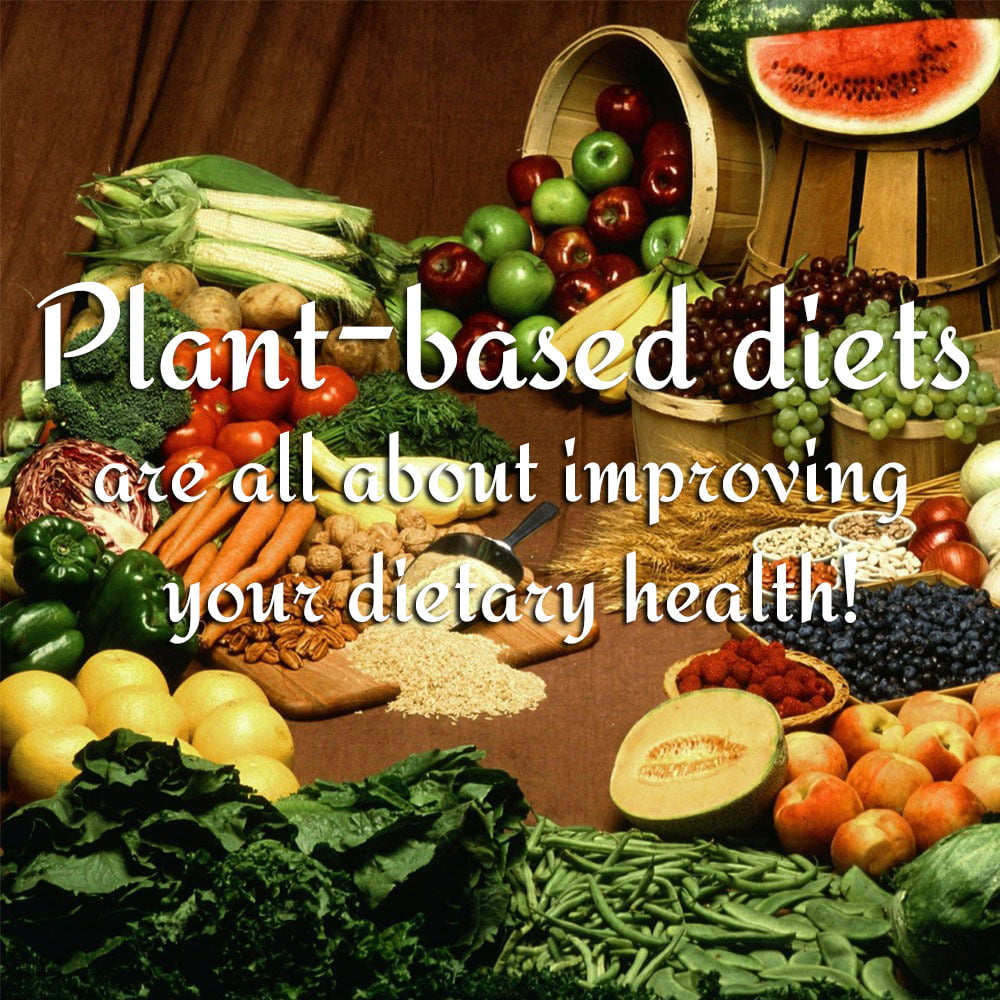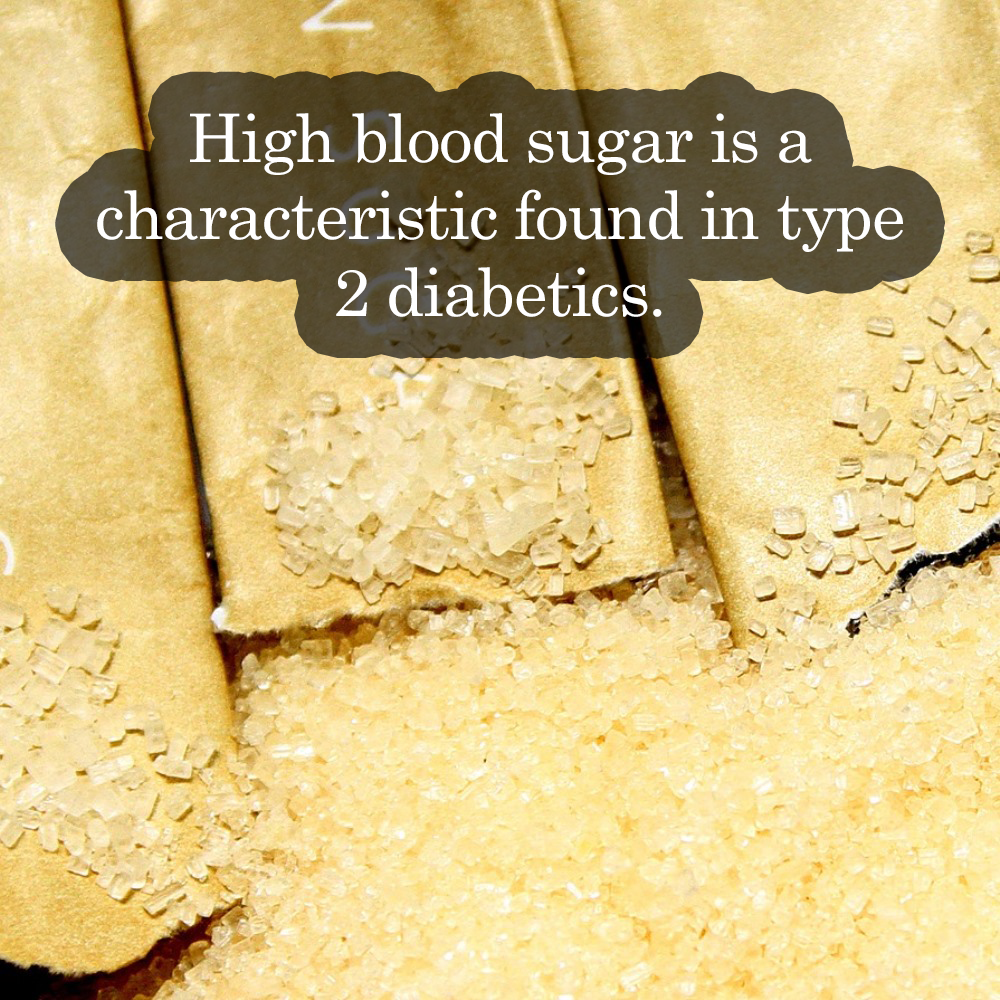Exploring how lifestyle decisions impact health. The Food and Lifestyle Issues, characterized by high consumption of processed foods and meats, contrasts sharply with Plant-Based Diets, which are rich in whole foods and nutrients. The Benefits of a plant-based diet are numerous, including reduced risk of chronic diseases such as Type 2 diabetes. Nutrition plays a critical role in our health, and understanding the essential nutrients necessary for life can guide us towards making better food choices. Foods we should eat include a variety of fruits, vegetables, whole grains, and legumes, which provide a rich array of vitamins, minerals, and fiber. Conversely, it's equally important to recognize Foods to avoid, such as those high in added sugars and saturated fats. Healthy living tips often emphasize the importance of a balanced diet alongside regular physical activity. By accessing articles and resources on these topics, individuals can make informed decisions to enhance their well-being and revolutionize their health.
Food and lifestyle issues in America encompass a range of problems, such as food insecurity, obesity, and diet-related health conditions. Food insecurity, affecting millions, is not due to food scarcity but rather economic disparities and policy choices. Poor dietary habits contribute significantly to chronic diseases, with the typical American diet being linked to an increased mortality rate. Efforts to address these challenges include improving access to nutritious food, education on healthy eating, and policy reforms to create a more equitable food system.
Plant-based diets are gaining popularity for their potential health benefits and environmental sustainability. These diets focus on foods primarily from plants, including fruits, vegetables, nuts, seeds, oils, whole grains, legumes, and beans. It doesn't necessarily mean that you are vegetarian or vegan and never eat meat or dairy. Rather, you are proportionately choosing more of your foods from plant sources. Research suggests that plant-based diets can help reduce the risk of heart disease, certain cancers, obesity, diabetes, and cognitive decline. Embracing a plant-based diet could be a positive change for both personal health and the health of our planet.
Plant-based diets are associated with numerous health benefits. They can lead to a lower body mass index (BMI), reduced rates of obesity, diabetes, and heart disease, and may even improve emotional states and daily functioning. Such diets are typically high in fiber, complex carbohydrates, and water content, which contribute to these positive outcomes. Additionally, they can support weight management and reduce the risk of most chronic diseases. However, it's important to ensure that all nutritional needs are met, possibly with the addition of supplements like vitamin B12 for those strictly adhering to vegan diets.
Nutrition is the cornerstone of health and development, playing a vital role in the well-being of individuals across all ages. A balanced diet provides the body with essential nutrients, supporting brain function, muscle growth, bone strength, and a robust immune system. Moreover, proper nutrition is linked to a lower risk of chronic diseases such as diabetes and cardiovascular disease, and it promotes longevity and better quality of life. It is especially crucial during childhood and adolescence, where it supports growth and learning, setting the foundation for a healthy adult life.
Essential nutrients are compounds that the body cannot produce in sufficient quantity but are vital for its functioning. These include vitamins, minerals, proteins, fats, water, and carbohydrates. They play a crucial role in supporting growth, health, and reproduction. A balanced diet is key to providing these nutrients, as each one has a unique role in maintaining various bodily functions and overall well-being.
A plant-based diet focuses on foods primarily from plants. This includes not only fruits and vegetables, but also nuts, seeds, oils, whole grains, legumes, and beans. It doesn't mean that you are vegetarian or vegan and never eat meat or dairy. Rather, you are proportionately choosing more of your foods from plant sources. What is important is the emphasis on whole and minimally processed foods, and limiting or avoiding animal products and processed foods, especially those high in refined sugars.
Type 2 diabetes is a chronic condition that affects the way the body processes blood sugar (glucose). It's characterized by insulin resistance, where the body doesn't use insulin properly, which can lead to high blood sugar levels. Managing this condition involves lifestyle changes, medication, and regular check-ups with healthcare providers. It's important to understand the risk factors, symptoms, and treatment options to effectively manage diabetes and prevent complications.
Transitioning to a plant-based diet can be a significant step towards a healthier lifestyle. Start by incorporating more vegetables into your meals and reducing meat portions. Opt for whole grains at breakfast and include a variety of fruits and vegetables throughout the day. Cooking a vegetarian meal once a week can introduce you to new flavors and ingredients. Remember, choosing high-quality, nutrient-dense foods like legumes, nuts, and seeds is essential for reaping the full benefits of a plant-based diet.
When adopting a plant-based diet, it's important to minimize or exclude certain foods to maximize health benefits. Highly processed foods, refined sugars, and artificial ingredients should be avoided. Additionally, animal-derived products such as meat, poultry, eggs, and dairy are not part of a plant-based diet. Opting for whole, unprocessed plant foods can lead to better health outcomes and a more sustainable lifestyle.












0 comments